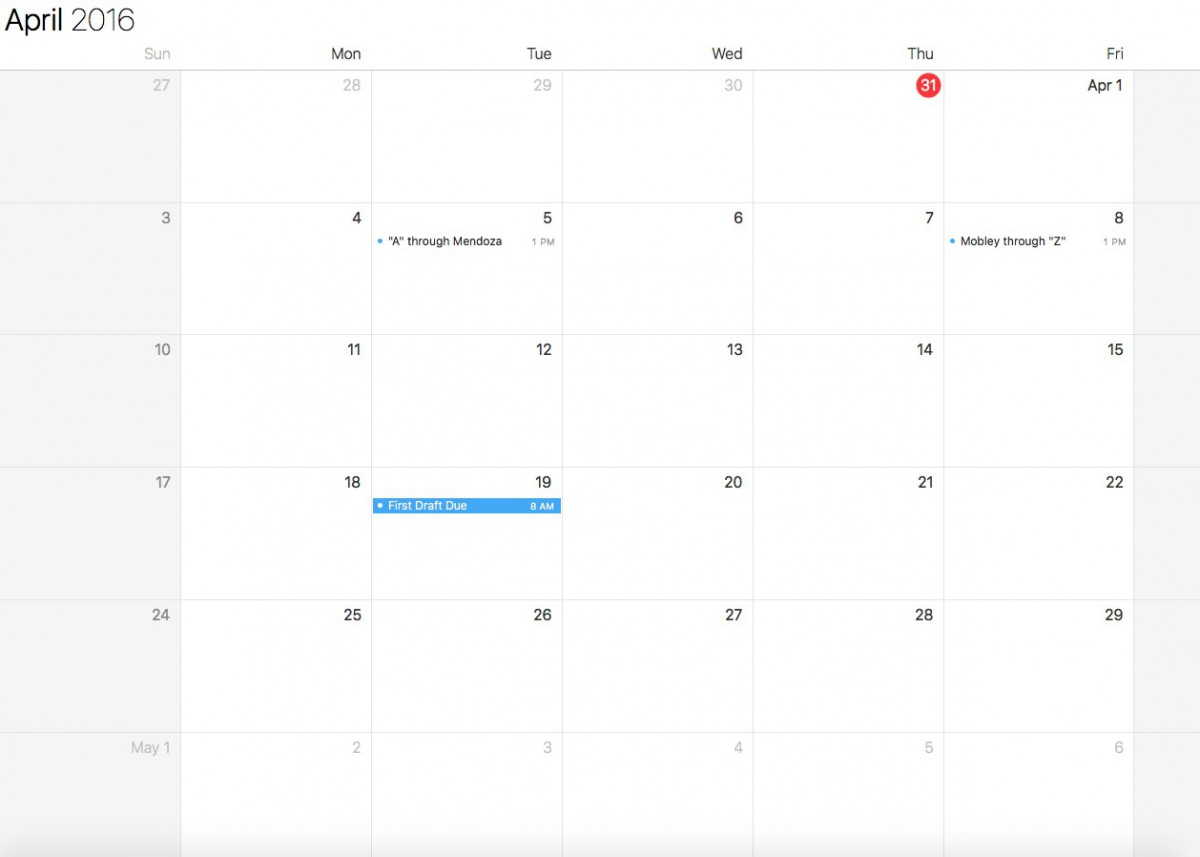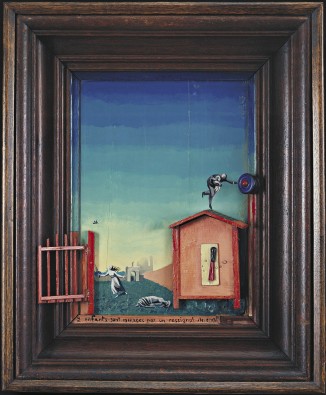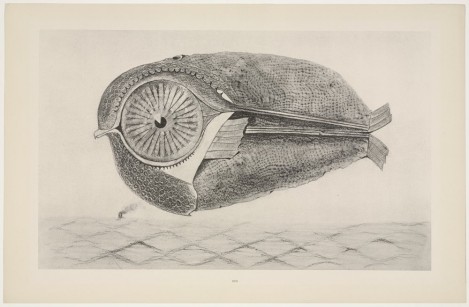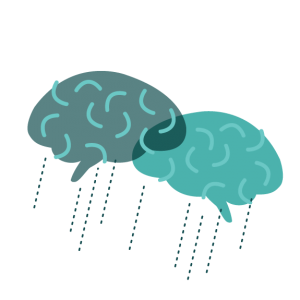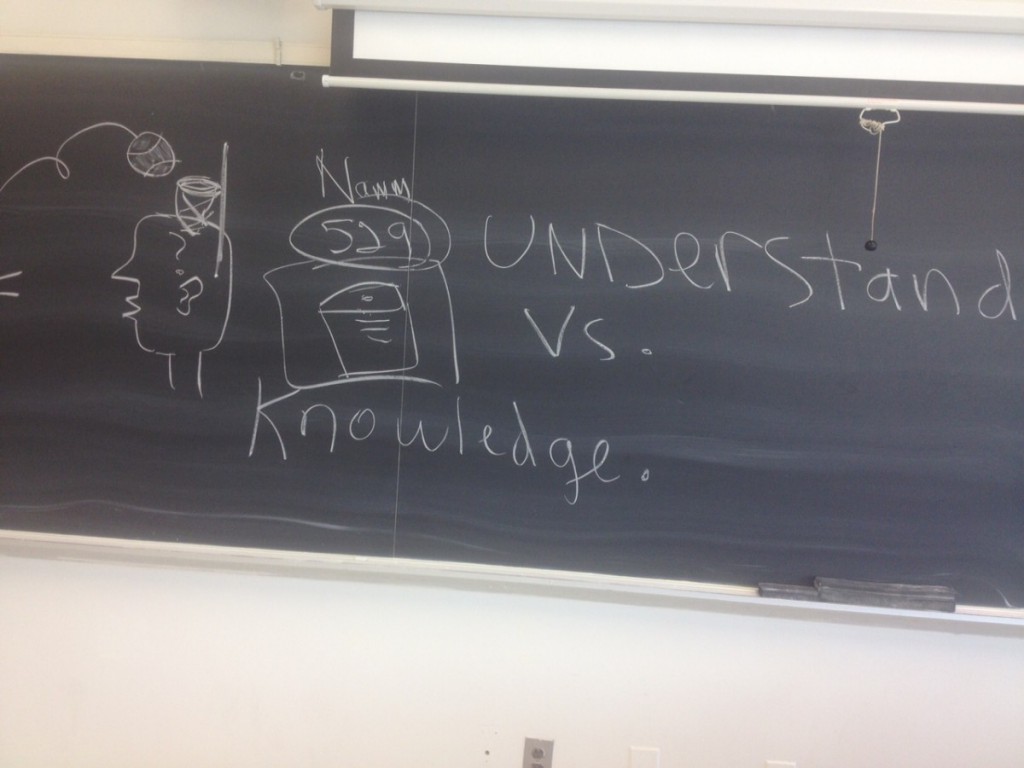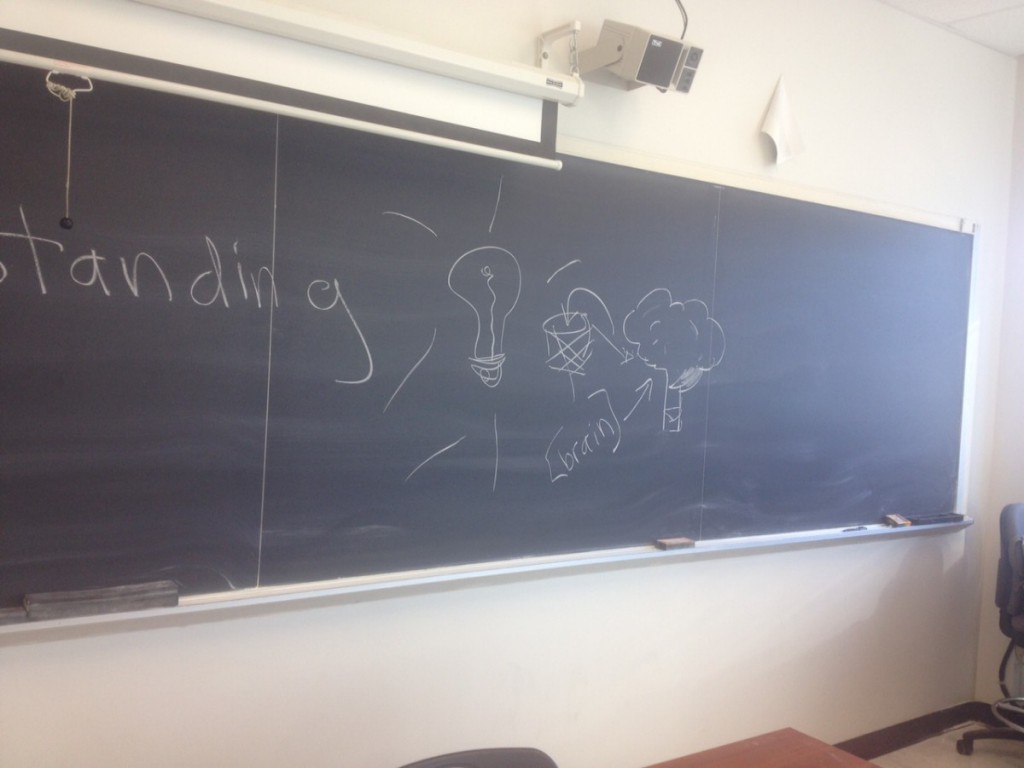See “Assignments” (above) for your April due date schedule. Here is a brief copy. Don’t forget: Meet in Library on Friday, April 1!
Monthly Archives: March 2016
We meet in the Library on April 1st
Research Paper Help Available Online
Let’s start with a quote from the Purdue OWL Website:
The research paper
There will come a time in most students’ careers when they are assigned a research paper. Such an assignment often creates a great deal of unneeded anxiety in the student, which may result in procrastination and a feeling of confusion and inadequacy. This anxiety frequently stems from the fact that many students are unfamiliar and inexperienced with this genre of writing. Never fear—inexperience and unfamiliarity are situations you can change through practice! Writing a research paper is an essential aspect of academics and should not be avoided on account of one’s anxiety. In fact, the process of writing a research paper can be one of the more rewarding experiences one may encounter in academics. What is more, many students will continue to do research throughout their careers, which is one of the reasons this topic is so important.
Becoming an experienced researcher and writer in any field or discipline takes a great deal of practice. There are few individuals for whom this process comes naturally. Remember, even the most seasoned academic veterans have had to learn how to write a research paper at some point in their career. Therefore, with diligence, organization, practice, a willingness to learn (and to make mistakes!), and, perhaps most important of all, patience, a student will find that she can achieve great things through her research and writing.
This handout will include the following sections related to the process of writing a research paper:
- Genre– This section will provide an overview for understanding the difference between an analytical and argumentative research paper.
- Choosing a Topic– This section will guide the student through the process of choosing topics, whether the topic be one that is assigned or one that the student chooses himself.
- Identifying an Audience– This section will help the student understand the often times confusing topic of audience by offering some basic guidelines for the process.
- Where Do I Begin– This section concludes the handout by offering several links to resources at Purdue, and also provides an overview of the final stages of writing a research paper.
The above is directly taken from Purdue OWL. Are you interested? Do you want to read more? (links are included below, at the end of the post.-ss)
CHOOSING A TOPIC:
The first step of any research paper is for the student to understand the assignment. If this is not done, the student will often travel down many dead-end roads, wasting a great deal of time along the way. Do not hesitate to approach the instructor with questions if there is any confusion. A clear understanding of the assignment will allow you to focus on other aspects of the process, such as choosing a topic and identifying your audience.
Topic
A student will often encounter one of two situations when it comes to choosing a topic for a research paper. The first situation occurs when the instructor provides a list of topics from which the student may choose. These topics have been deemed worthy by the instructor; therefore, the student should be confident in the topic he chooses from the list. Many first-time researchers appreciate such an arrangement by the instructor because it eliminates the stress of having to decide upon a topic on their own.
However, the student may also find the topics that have been provided to be limiting; moreover, it is not uncommon for the student to have a topic in mind that does not fit with any of those provided. If this is the case, it is always beneficial to approach the instructor with one’s ideas. Be respectful, and ask the instructor if the topic you have in mind would be a possible research option for the assignment. Remember, as a first-time researcher, your knowledge of the process is quite limited; the instructor is experienced, and may have very precise reasons for choosing the topics she has offered to the class. Trust that she has the best interests of the class in mind. If she likes the topic, great! If not, do not take it personally and choose the topic from the list that seems most interesting to you.
The second situation occurs when the instructor simply hands out an assignment sheet that covers the logistics of the research paper, but leaves the choice of topic up to the student. Typically, assignments in which students are given the opportunity to choose the topic require the topic to be relevant to some aspect of the course; so, keep this in mind as you begin a course in which you know there will be a research paper near the end. That way, you can be on the lookout for a topic that may interest you. Do not be anxious on account of a perceived lack of authority or knowledge about the topic chosen. Instead, realize that it takes practice to become an experienced researcher in any field.
For a discussion of Evaluating Sources, see Evaluating Sources of Information.
Methods for choosing a topic
Thinking early leads to starting early. If the student begins thinking about possible topics when the assignment is given, she has already begun the arduous, yet rewarding, task of planning and organization. Once she has made the assignment a priority in her mind, she may begin to have ideas throughout the day. Brainstorming is often a successful way for students to get some of these ideas down on paper. Seeing one’s ideas in writing is often an impetus for the writing process. Though brainstorming is particularly effective when a topic has been chosen, it can also benefit the student who is unable to narrow a topic. It consists of a timed writing session during which the student jots down—often in list or bulleted form—any ideas that come to his mind. At the end of the timed period, the student will peruse his list for patterns of consistency. If it appears that something seems to be standing out in his mind more than others, it may be wise to pursue this as a topic possibility.
It is important for the student to keep in mind that an initial topic that you come up with may not be the exact topic about which you end up writing. Research topics are often fluid, and dictated more by the student’s ongoing research than by the original chosen topic. Such fluidity is common in research, and should be embraced as one of its many characteristics.
The Purdue OWL also offers a number of other resources on choosing and developing a topic:
- Understanding Writing Assignments
- Prewriting
- Starting the Writing Process
- Invention Slide Presentation
Here you go (LINKS):
On Getting Started:
https://owl.english.purdue.edu/owl/resource/552/01/
On MLA Style:
https://owl.english.purdue.edu/owl/section/2/11/
Remember Friday Schedule on March 23
Please remember that CityTech follows a “Friday Schedule” this Wednesday, March 23rd. So: come to class!
Surrealism
In case you are interested in my inspiration for your most recent assignment — writing without the word “the” — here is a link to information on the Surrealists. These artists welcomed input from the Unconscious Mind.
Pictured immediately below: “Two Children Are Threatened by a Nightingale,” 1924, by Surrealist artist Max Ernst.
Pictured immediately above: “The Fugitive from Natural History,” 1926, by Surrealist artist Max Ernst.
Research Paper Topics: What are They?
Study for the Midterm
We will study for our Midterm on March 11.
We will take our Midterm on March 18.
The Midterm will be a single essay. On March 11 I will show you the exact format. We will then have a Practice Run-Through of the Midterm in real time. If time does not permit on March 11, we will have a Practice Run-Through of the Midterm on March 15.
The Professor is Assigned a Pop Quiz on March 11
I will take your pop quiz on March 11. I will be allowed: use of my smartphone or the computer console in the lecturn; one phone call; scratch paper and pencil or pen. Thank you. Please type up this quiz for me to take.
Grammar Resources, and a Thank You
Please consult the Purdue OWL Website for help with your grammar needs. Here is a link:
https://owl.english.purdue.edu/exercises/
The above includes many exercises you can do on your own.
https://owl.english.purdue.edu/owl/resource/566/1/
And this link, above, will give you examples and rules that will help you complete the exercises.
As you get your papers back, you will see information in the margins that will guide you towards which exercises to complete.
Check POLICIES, above, for a list of abbreviations.
I just also want to thank you for a really enjoyable “Quiz” Day. I learned a lot!!! -Prof. S.

